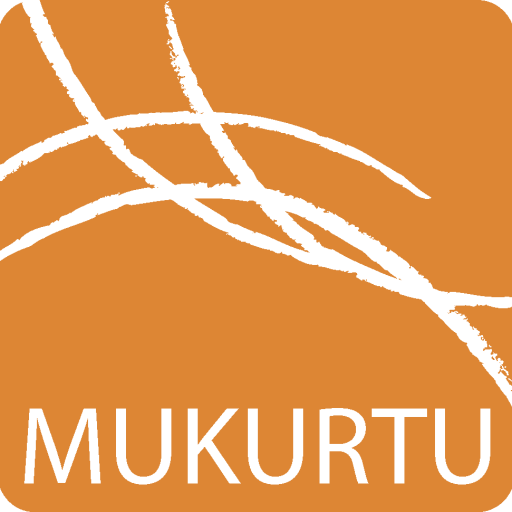Toolkit
4.3 Identity and Accessibility
| This section of the Toolkit presents three tools related to the topics of identity and accessibility. The first tool is the Hemingway Editor, which helps writers improve the clarity and readability of their writing. The second tool is the RaceWorks Toolkit, which provides resources and frameworks for having informed conversations about race, racism, and critical race studies. It offers videos, activities, and discussion questions to enhance understanding and navigate discussions about race and racism. The last tool is the Mukurtu CMS - a content management system for Indigenous communities to manage and share their digital cultural heritage. All tools aim to promote clearer communication, recognition, and inclusivity in their respective areas of focus. |
The Hemingway Editor
|
|
Launched in 2013 by Adam and Ben Long, the Hemingway Editor is an online platform that makes writing bold and clear. It highlights parts of writing that are too dense, allowing readers to focus on the message itself rather than the prose. It also includes the Automated Readability Index to assess the level of writing. The aim is to achieve an average American reading level of tenth grade, but this is not necessarily the target audience. The editor highlights sentences that are difficult to read in yellow and those that are most difficult in red. |
Why use this tool?
When writing, and especially when writing academic texts, writers often forget that not all of their readers may be able to read (sometimes needlessly) complex and intricately structured texts. In this case, the Hemingway Editor can help you write more clearly and concisely. It highlights complex words and offers simpler alternatives. This can make your writing easier to read and more accessible to a wider audience. However, the editor is primarily designed for English texts, especially concerning synonyms for simplification.
The Hemingway Editor is available as a free web application and a paid standalone desktop version (~$20) for MacOS and Windows.
| To the tool: | https://hemingwayapp.com/ |
|
Additional resource: |
RaceWorks Toolkit
|
RaceWorks is a free online resource created by the Center for Comparative Studies in Race and Ethnicity (CCSRE) at Stanford University and Stanford SPARQ, in collaboration with various scholars and experts. It includes a series of videos, pedagogical activities, discussion questions, and evidence-based frameworks to make critical race studies more accessible to a range of learners and contexts. The toolkit is designed to prepare individuals to have more effective conversations about race, enabling them to better navigate their own communities and the larger world around them. It is free and open to the public. |
|
 |
Why use this tool?
The toolkit is designed to equip students, professionals, and community advocates with the knowledge and skills necessary to have informed conversations about race and how race and racism impact our world today by providing an evidence-based framework to make critical race studies more accessible. Raceworks offers a 7-step program of informative short videos and teaching materials that can be incorporated into courses and self-study.
The multimedia toolkit provides a research-based model for conversations about race in America today, but because it is designed to apply to a wide range of contexts, it can be used in teaching scenarios around the world (e.g. in academic curricula or professional development opportunities such as diversity, equity and inclusion training).
| To the tool: | http://sparqtools.org/raceworks/ |
The Mukurtu CMS
 |
|
Mukurtu (Mook-oo-too) CMS is a content management system designed specifically for Indigenous communities to manage and share their digital cultural heritage. The development of Mukurtu CMS was a collaborative effort between Indigenous communities and a team of researchers, scholars, and technologists and is maintained and further developed by the Mukurtu Team at the Center for Digital Scholarship and Curation at Washington State University. |
Why use this tool?
The platform aims to address the unique cultural protocols, values, and ownership rights associated with Indigenous knowledge and cultural materials and allows Indigenous communities to curate and control access to their digital collections, ensuring that cultural materials are shared in a way that aligns with their cultural practices and values. The system incorporates traditional protocols related to ownership, access, and use of cultural materials, providing a culturally sensitive and respectful approach to managing digital heritage.
The Mukurtu CMS is an open-source platform and is therefore freely available for everyone.
| To the tool: | https://github.com/MukurtuCMS/mukurtucms |
|
Additional resource: |


